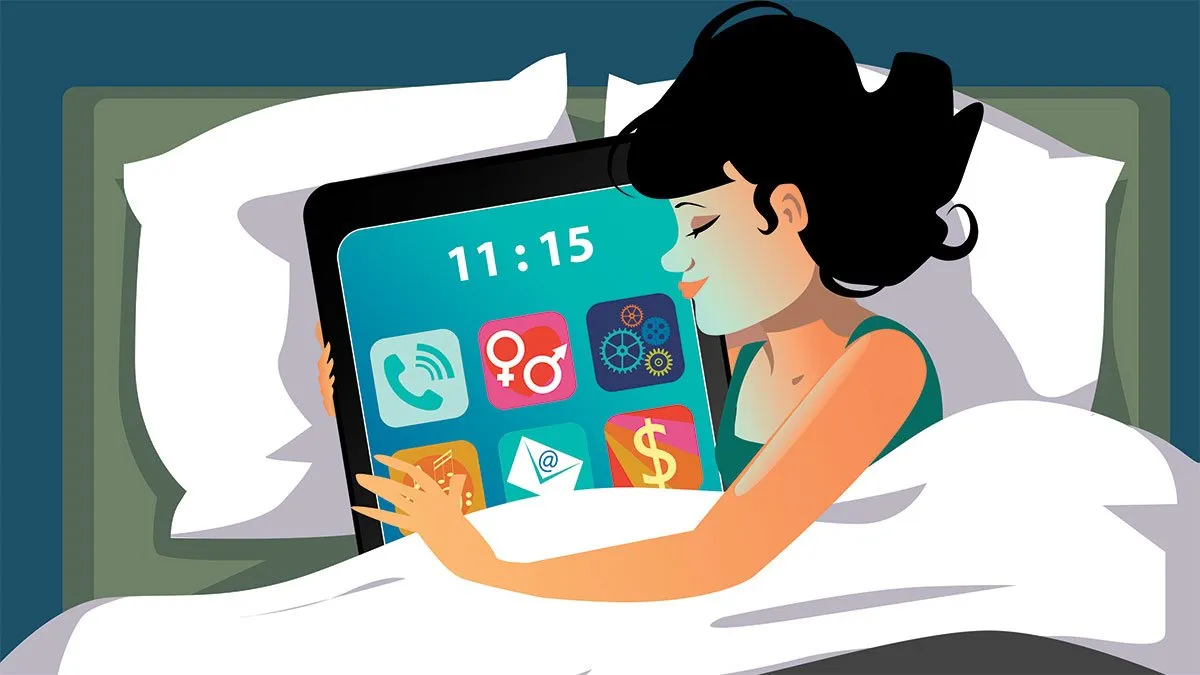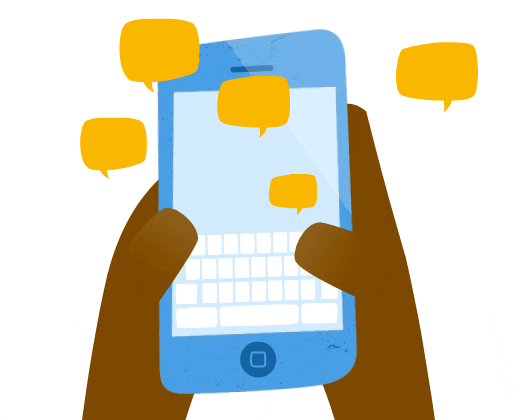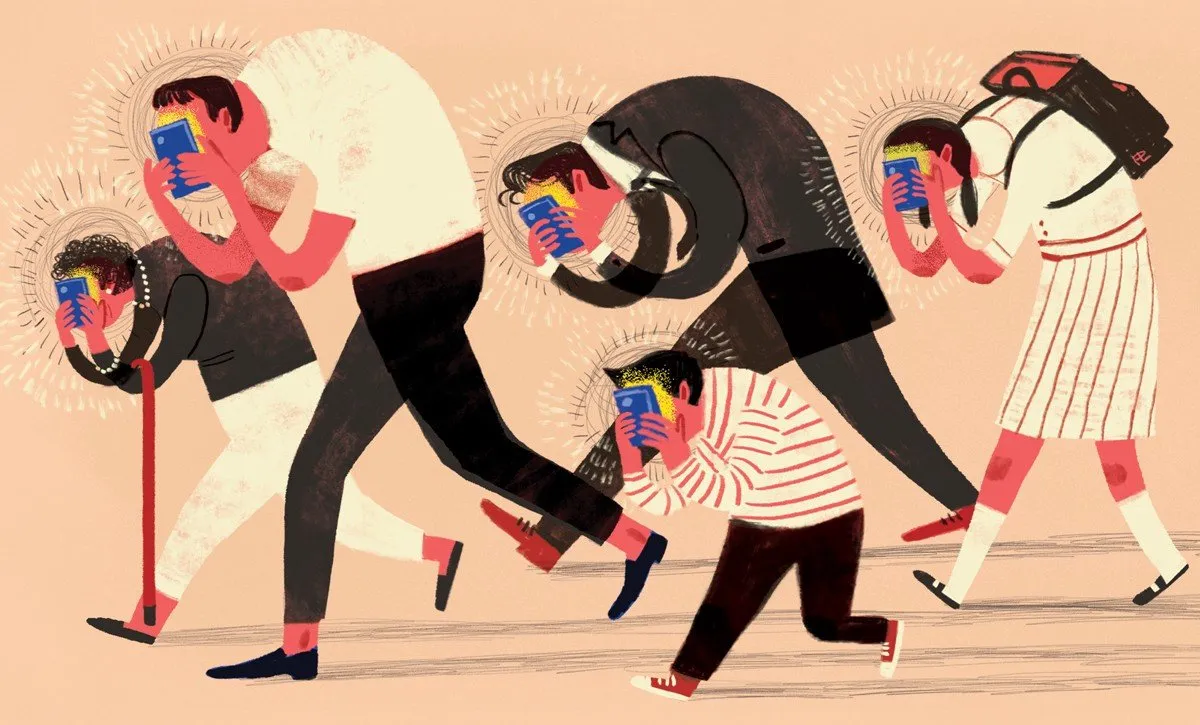
Billions of people turn to their smartphones daily to carry out a variety of tasks, anything and everything from checking up with friends via social media, to reading news stories, watching entertaining videos, calculating tips for meals, and a whole lot more.
For many, the smartphone has become an extension of who we are, with the average consumer turning to check their phone at least 46 to 80 times every day.
According to the results from a previous Gallup survey from back in 2015, it was found that at least half of the iPhone respondents to the survey said that they couldn't imagine living a life without their smartphone.

For millions of Americans, they can't go to bed without checking their phone first.
As our smartphone addictions have increased, so have the warnings about the possibility that the addiction can fuel issues like sleep deprivation, depression, and anxiety.

Industry experts, like former product manager for Google Tristan Harris, say that the first step toward dealing with any potential issue in the way of smartphone addiction, is to realize that advertisers and other companies are hard at working trying to hijack our mind and gain our attention.
They want to direct our attention toward their own goals and that means that we lose focus and attention being directed toward our own initiatives.
They want to get us to buy the next product, watch the next video, or scroll onto the next post.

Our smartphones might provide us with an incredible amount of convenience but researchers say that they might also be impacting our intellect by draining our brain power. Specifically, they might impede our concentration and negatively impact our memory. They can also negatively impact our work, studies at school, and relationships with others.
Addiction expert, Davina McCall, has taken it further, by equating tablet and smartphone addiction with a heroin addiction, warning against children under the age of 10 owning their own technological devices like an iPad or smartphone.
McCall calls the technological devices are a form of digital heroin and suggests that they transform children into psychotic junkies.
Just take a look at how they react when you try to take that tech gadget away from them, if they aren't ready for the screen time to come to an end yet.

No doubt for many children this has been the case, their addiction to technology has fostered a lot of negativity in their life.
Psychologists who've criticized the tech addiction have said that they aren't anti-technology, they simply believe that children aren't neurologically capable of handling that experience without it potentially reaping some very unwanted negative effects. Just take a look at adults and their own difficulties with smartphone addiction, they say. Additionally, they don't recommend any set level of exposure time for children because every child is different and therefore their experiences with the technology won't always bring about the same outcome; they aren't all equally vulnerable.
Experts in the field suggest that too many parents today have resorted to using tablets and smartphones as digital babysitters and that they should take more caution over how much their children are exposed.
As far as trying to break or lessen the smartphone addiction, a few tips have been suggested.

Pics:
Thinkstock via lifehacker.com.au/2015/09/how-smartphone-use-before-bed-affects-your-brain-and-body/
Family Guy via Giphy
giphy
via tumblr.com/search/rabbit%20hole%20gif
Pearl Law via medium.com/timetravlr-chronicles/the-biggest-thing-missing-from-virtual-reality-shared-experience-11a86f19c448
Sources:
https://mobilebusinessinsights.com/2016/06/twenty-surprising-mobile-stats-for-2016-the-smartphone-takeover/
http://www.techtimes.com/articles/199967/20170302/survey-finds-people-check-smartphones-before-getting-out-bed.htm
http://www.businessinsider.com/90-of-18-29-year-olds-sleep-with-their-smartphones-2012-11
http://www.theaustralian.com.au/business/wall-street-journal/how-smartphones-hijack-our-brains/news-story/f1c4ab7aba088a46e83ad665c688470a
https://www.popsci.com/smartphone-hijacking-brain
http://www.wbur.org/onpoint/2017/10/12/smartphones-brain-memory
https://www.thesun.co.uk/fabulous/4746575/addiction-expert-on-davina-mccall-show-likens-ipads-to-digital-heroin-and-says-kids-under-10-should-never-have-their-own/